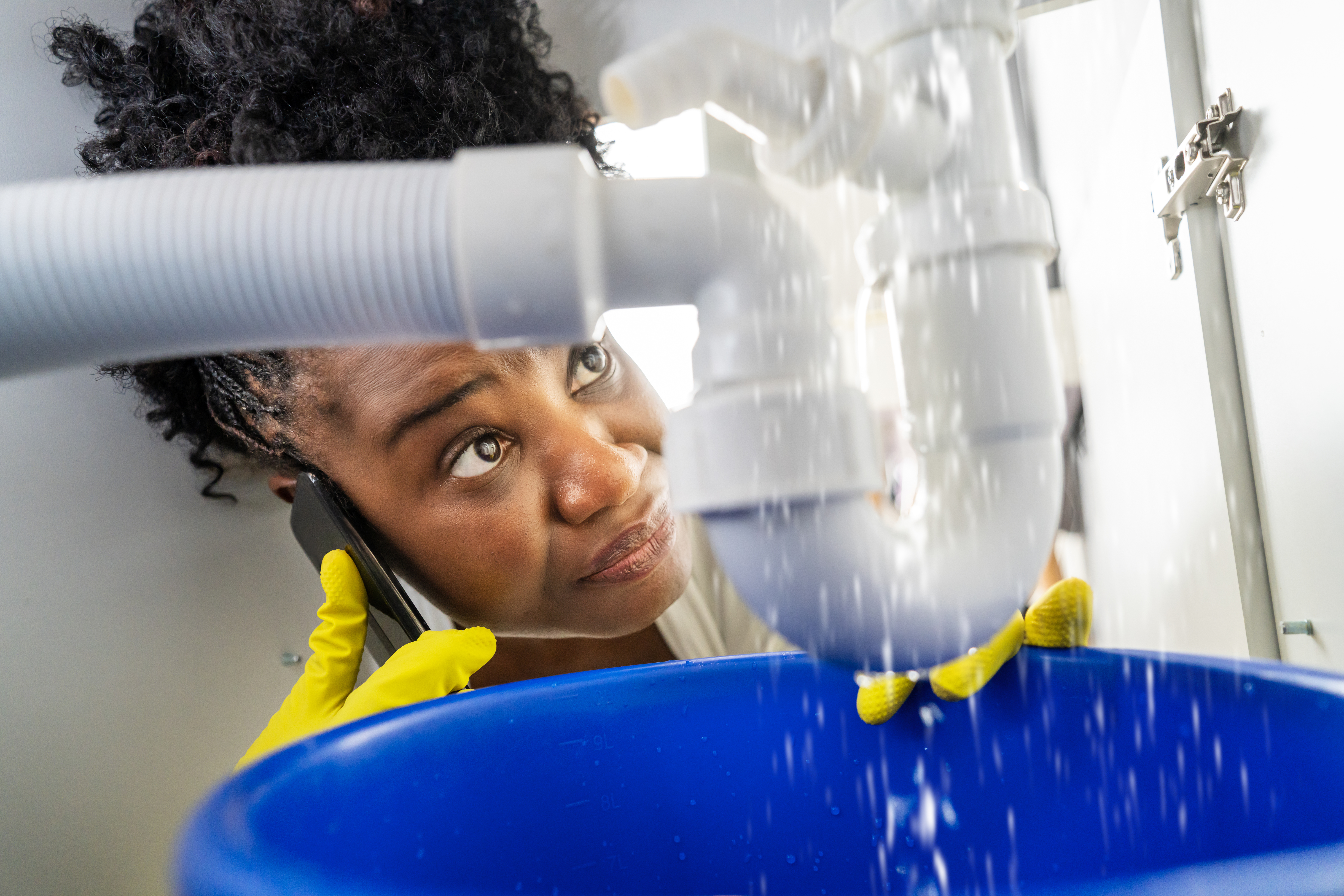Plumbing emergencies can be stressful and disruptive. Knowing how to handle them quickly and efficiently is key to getting back to normalcy as soon as possible. Here are 10 tips for dealing with plumbing emergencies:
- Shut off the water main: This should be your first step in any emergency situation. Doing so will stop the flow of water and reduce the amount of damage caused by flooding or overflowing pipes.
- Check for leaks: If you notice a slow leak, it’s important to call a plumber immediately before it turns into a full-blown flood or worse.
- Identify sources of clogs: Toilets, sinks, tubs, and other drains often become blocked due to clogs. It’s important to identify the source of the blockage in order to properly remedy the situation.
- Know where all shut-off valves are: In addition to the water main, there may be other valves around your home that can help you stop the flow of water during an emergency. Knowing where they are and how they work will save you time and energy when dealing with a plumbing emergency.
- Wear protective gear: When it comes to dealing with overflowing toilets or flooded bathrooms, it’s essential to protect yourself from potential contamination by wearing gloves, goggles, and other protective gear before handling any water damage cleanup.
- Extract as much water as possible: Using a wet/dry vacuum cleaner, towels, and other absorbent materials, it’s important to extract as much water as you can in order to minimize the damage.
- Check for broken pipes or fixtures: If an emergency is caused by a broken pipe or fixture then it’s essential to identify the source of the problem before attempting any repairs.
- Turn off electrical sources: Anytime there is water present, it’s important to make sure all electrical sources are turned off in the affected area. This will help prevent any shocks or fires from occurring.
- Use appropriate cleaning solutions: When dealing with water damage clean up, it’s important to use non-toxic cleaning solutions that are safe for the environment and any occupants of the home.
- Call a professional: If your plumbing emergency is more than you can handle, don’t hesitate to call a plumber who will be able to help you solve the issue quickly and efficiently.
By following these 10 tips for dealing with plumbing emergencies, you’ll be better prepared in case of an unexpected situation and know how to handle it in order to restore normalcy as soon as possible.
What Are Some Common Plumbing Emergencies?
- Burst pipes: A burst pipe is one of the most common plumbing emergencies, resulting in an immediate shut-off of the water supply and possible flooding of the area.
- Clogged drains: Clogs are caused by build-up in your pipes, often due to items being flushed down the toilet or grease and food particles going down your sink drain.
- Leaking faucets/toilets: Leaks from toilets and faucets can waste a large amount of water over time and cause potential damage if left unchecked.
- Overflowing toilets: When too much material is put into a toilet, it can cause it to overflow and result in flooding of the bathroom floor.
- Water heater failures: If your water heater fails to properly heat and supply hot water, it can cause a significant disruption in your daily routine.
By keeping an eye out for these common plumbing emergencies and following the tips above, you’ll be better prepared to deal with any unexpected situations quickly and efficiently.
At Hawk’s Services, we’re ready to help you with any plumbing emergency that may arise. We have extensive experience dealing with common plumbing emergencies and can provide fast, reliable solutions for all of your heating and cooling needs. Contact us today at 507-226-9950 for more information.





